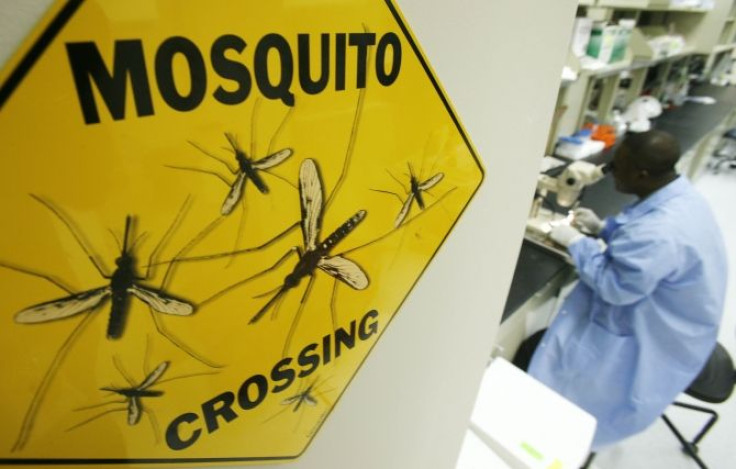New Drug Target Found in Fight Against Malaria

Researchers have found a new possible target that could help create a type of anti-malarial drug.
Researchers, led by Lars Bode, PhD, assistant professor in the University of California, San Diego School of Medicine (UCSD) Department of Pediatrics have found a key compound called ML276 that could stop the malaria-causing parasite from developing in the human body.
Malaria is caused by Plasmodium parasites. The parasites are spread to people through the bites of infected Anopheles mosquitoes, called "malaria vectors," which bite mainly between dusk and dawn, according to World Health Organization.
In the present study, researchers screened around 350,000 compounds in the National Institutes of Health's Molecular Libraries Small Molecule Repository (MLSMR) to determine what compounds could be used against a key enzyme called Plasmodium falciparum glucose-6-phosphate dehydrogenase (G6PD) that helps the parasite flourish in the human blood.
"The enzyme G6PD catalyzes an initial step in a process that protects the malaria parasite from oxidative stress in red blood cells, creating an environment in which the parasite survives," said Bode.
Researchers chose this G6PD enzyme because previous research has shown that people who have lower levels of this enzyme in the body are naturally resistant to malaria.
In the present study, researchers focused on finding a compound against the parasitic G6PD enzyme rather than the G6PD enzyme that naturally occurs in humans.
"We didn't want to interfere with the human form of the enzyme and risk potential side effects," Bode explained.
According to them the compound ML276 can be used against the enzyme found in parasite to prevent the parasite from growing in the human blood.
"ML276 is a very promising basis for future drug design of new anti-malarial therapeutics," said Bode.
According to a report by World Health Organization, some 216 people were infected with malaria in the year 2010 and an estimated 655,000 died from the disease. Even today, a child dies every minute in Africa due to this disease.
Malaria is curable yet many people keep dying from it every year because most of the people in the developing countries don't have access to genuine anti-malarial drugs and strains of the parasite are getting resistant to these drugs.
According to the present study, ML276 will be effective against those parasites which have become resistant to currently available anti-malarial drugs.
The present study was published in the Journal of Medicinal Chemistry.



























